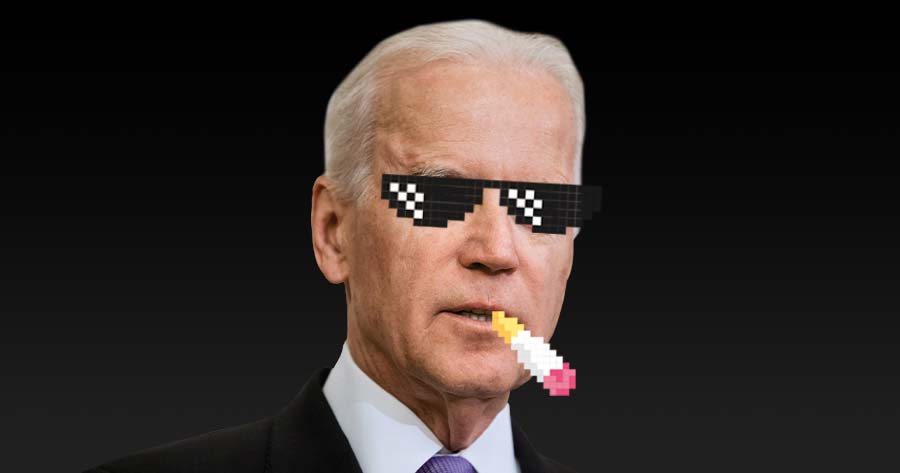In an unexpected turn of events and right before leaving the office, President Joe Biden exercised his presidential authority to pardon his son, Hunter Biden, from charges related to firearms and taxes.
This move has sparked intense debate and sharply contrasts with Biden’s previous commitments to maintain a boundary between his executive power and family matters. As the dust settles on this highly charged decision, it becomes imperative to analyze its implications within the broader landscape of American presidential history.
Biden’s decision has not only drawn criticism from his political adversaries but it has also reignited questions about the ethical boundaries of presidential pardon power. The president’s justification that the justice system had been tainted by politics, leading to an unjust prosecution of his son, echoes a sentiment that has been voiced in various presidencies: the intersection of justice, politics, and familial loyalty is a precarious terrain.
Historically, the U.S. has witnessed similar instances where presidents have used their pardon power in ways that touched personal or political contexts. Perhaps the most renowned example is President Gerald Ford’s 1974 pardon of his predecessor, Richard Nixon, for any crimes he might have committed against the United States while in office. Ford’s pardon was framed as a means to heal the nation post-Watergate and move forward, yet it came with significant backlash and speculation about its motivations, thereby contributing to Ford’s loss in the subsequent election. While not a familial tie, Ford’s decision had personal overtones and reflected a strong belief in his own moral rationale, paralleling Biden’s current predicament.
President Bill Clinton, too, faced scrutiny when he pardoned his half-brother, Roger Clinton, for a 1985 cocaine distribution conviction on his last day in office. This decision sparked allegations of favoritism and added to the controversies that surrounded Clinton’s final days in office.
Joe Biden’s pardon of Hunter extends beyond a simple act of familial support; it is a calculated risk that opens a Pandora’s box of political, ethical, and legal considerations. The breadth of the pardon, covering any offenses Hunter might have committed over a decade period, suggests a broad shield against future legal troubles but also leaves the administration vulnerable to charges of impropriety and abuse of power.
The impact of this decision will resonate beyond the confines of familial protection, shaping the narratives of Biden’s presidency. As the administration grapples with allegations of impropriety and opposition calls for accountability, this decision may underscore Biden’s tenure, raising questions about transparency, justice, and the extent of presidential powers.
Whether Biden’s decision will ultimately be viewed as an act of compassion and paternal obligation or an egregious misuse of executive power will depend largely on the evolving political landscape and public sentiment. As we navigate these complex waters, it remains critical for the nation to engage in a robust discourse about the reach and limitations of executive clemency, the influence of personal ties, and the enduring values of justice and fairness in American governance.




